Categoría News
UNDP launches their Social Innovation Platform Website
Home News
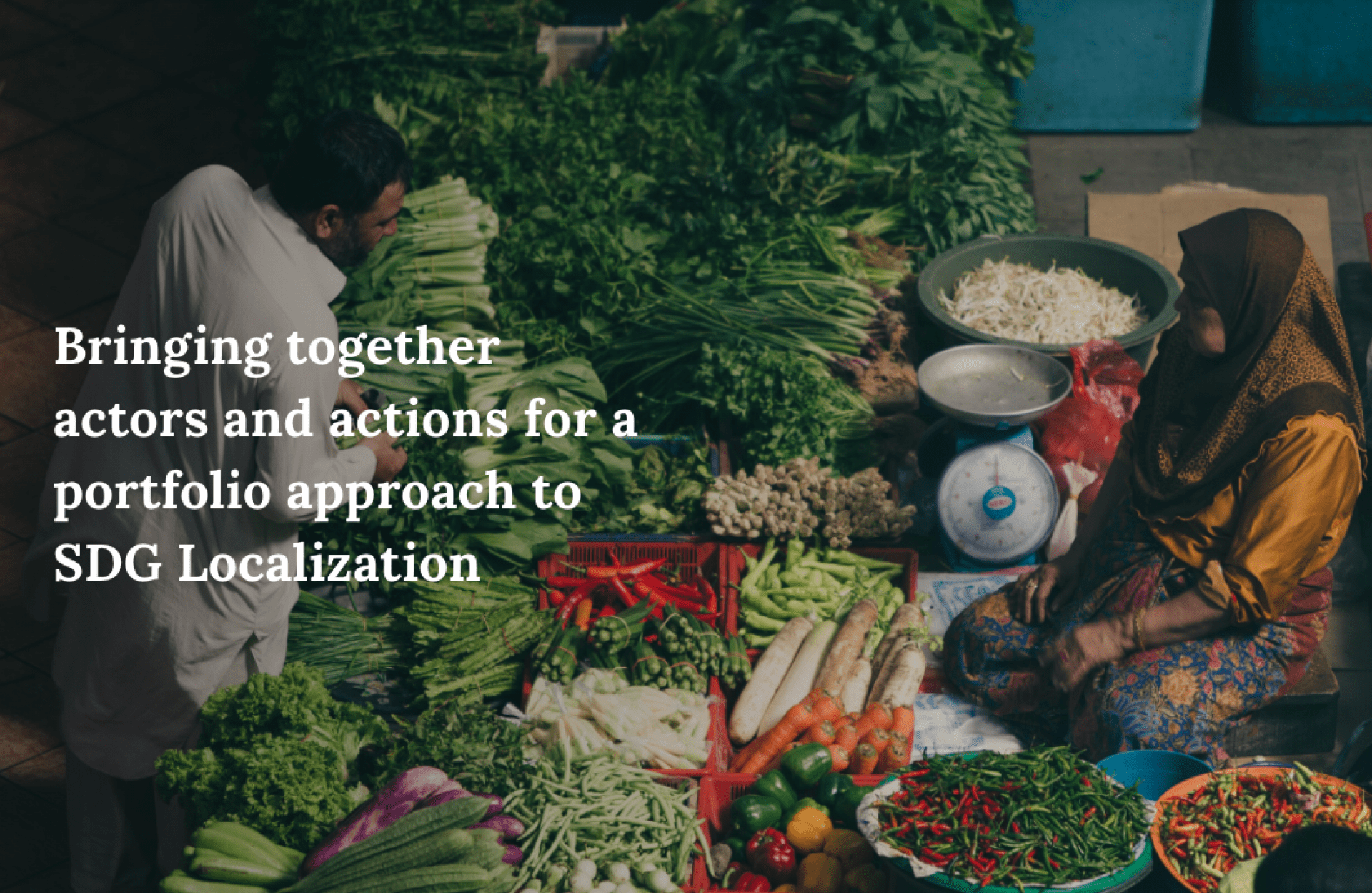
The new website brings together information about each of UNDP’s Asia-Pacific platforms. How can we support communities create transformative change through a sustainable portfolio approach? The new website shares early learnings from our collaborative work with UNDP in Asia and the Pacific supporting UNDP Country Offices in Asia-Pacific to pilot Social Innovation Platforms (SIP) for SDG Localization.
It sheds light on how bringing together actors and actions for a portfolio approach has led o applying the 2030 Agenda for Sustainable Development into local actions and impacts that contribute to the global achievement of the SDGs in Asia.
You can also find SIP core functions regarding development solutions to address complex local challenges systemically, different thematic blogs or UNDP Indonesia’s SIP video in Gorontalo and West Java that explains SIP strengthens development processes by putting people at the centre of development planning.
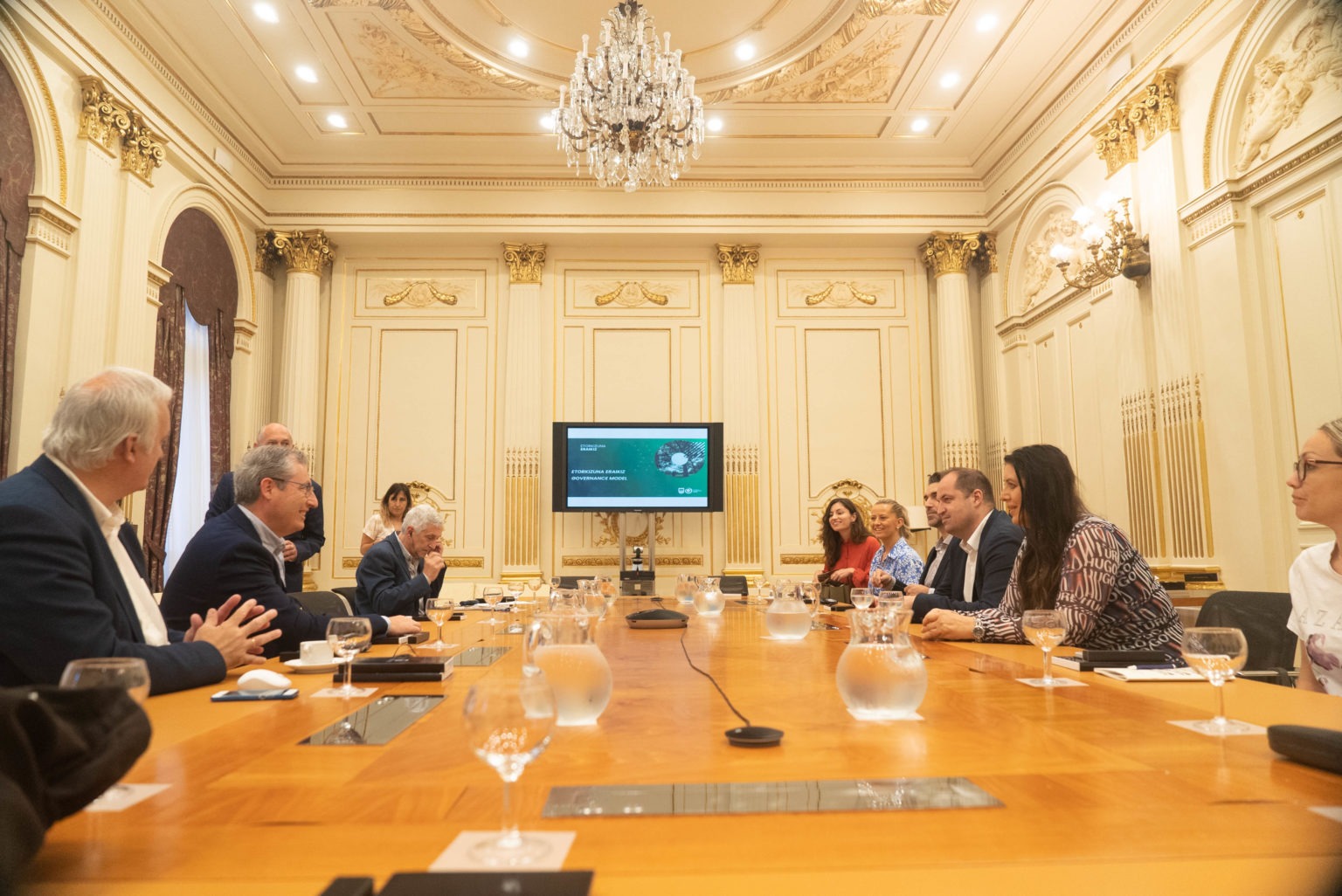
A High Croatian government Representative visits Euskadi to learn from the Basque experience
Home News
The Croatian government side, led by the Secretary of State, Šime Erlić, was received by the Lehendakari, Iñigo Urkullu, the Deputy General of Gipuzkoa, Markel Olano, the Provincial Deputy for Economic Development of Bizkaia, Ainara Basurko and a wide variety of public and private actors of the territory.
The visit explored new areas of collaboration at a time of great importance for Croatia. Their incorporation to the European Union has meant a great transfer of resources and strategic decisions will be taken on the priority areas that will mark the future of the country. In this context, Euskadi has the opportunity to become a strategic partner for Croatia due to its experience in the successful development of a great process of socio-economic transformation in a context of great difficulties.
The main objective of the visit, promoted and coordinated by Agirre Lehendakaria Center, was to gain in-depth knowledge of the Basque model of competitiveness and to explore new opportunities for strategic collaboration between the two countries.
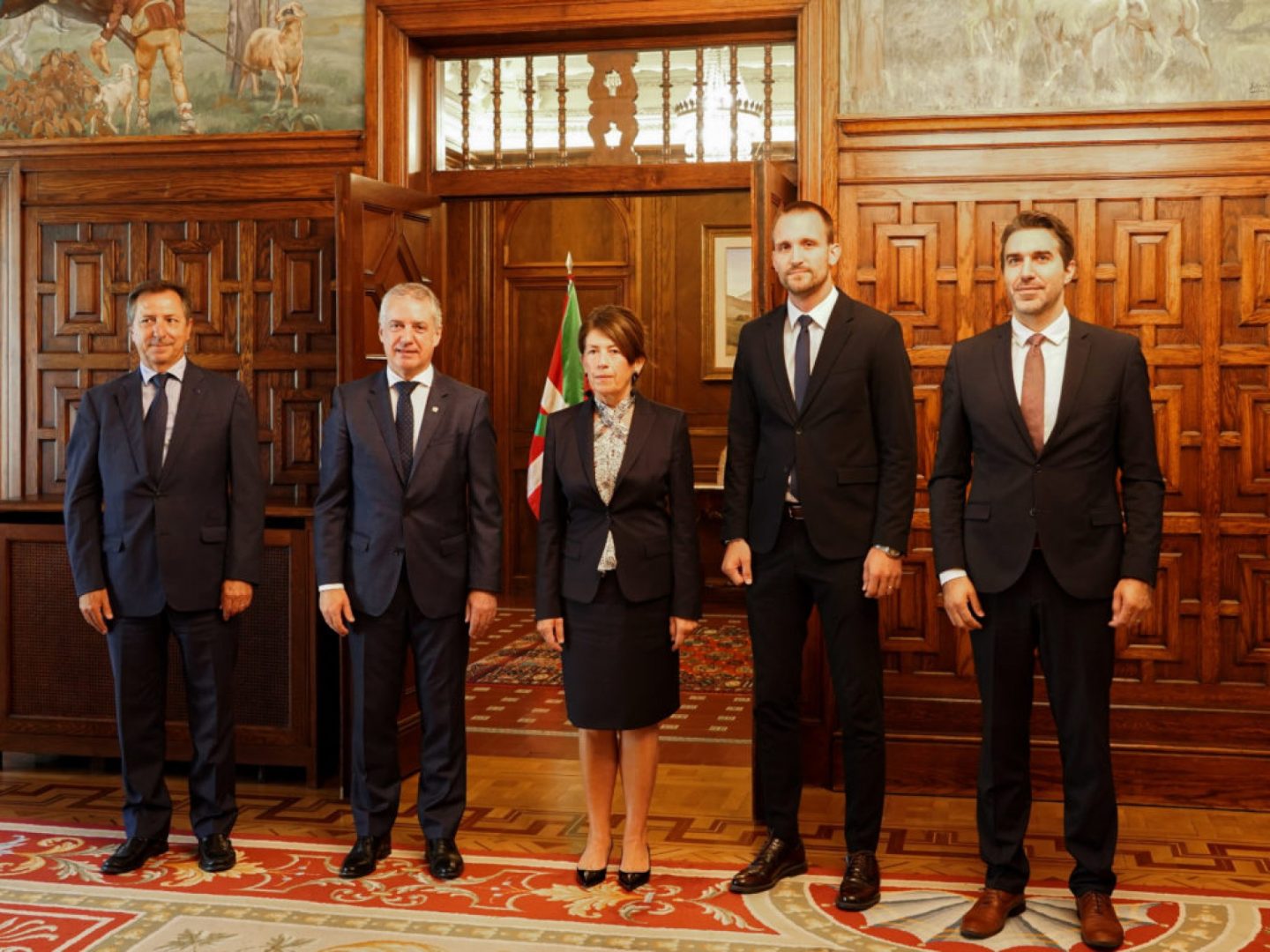
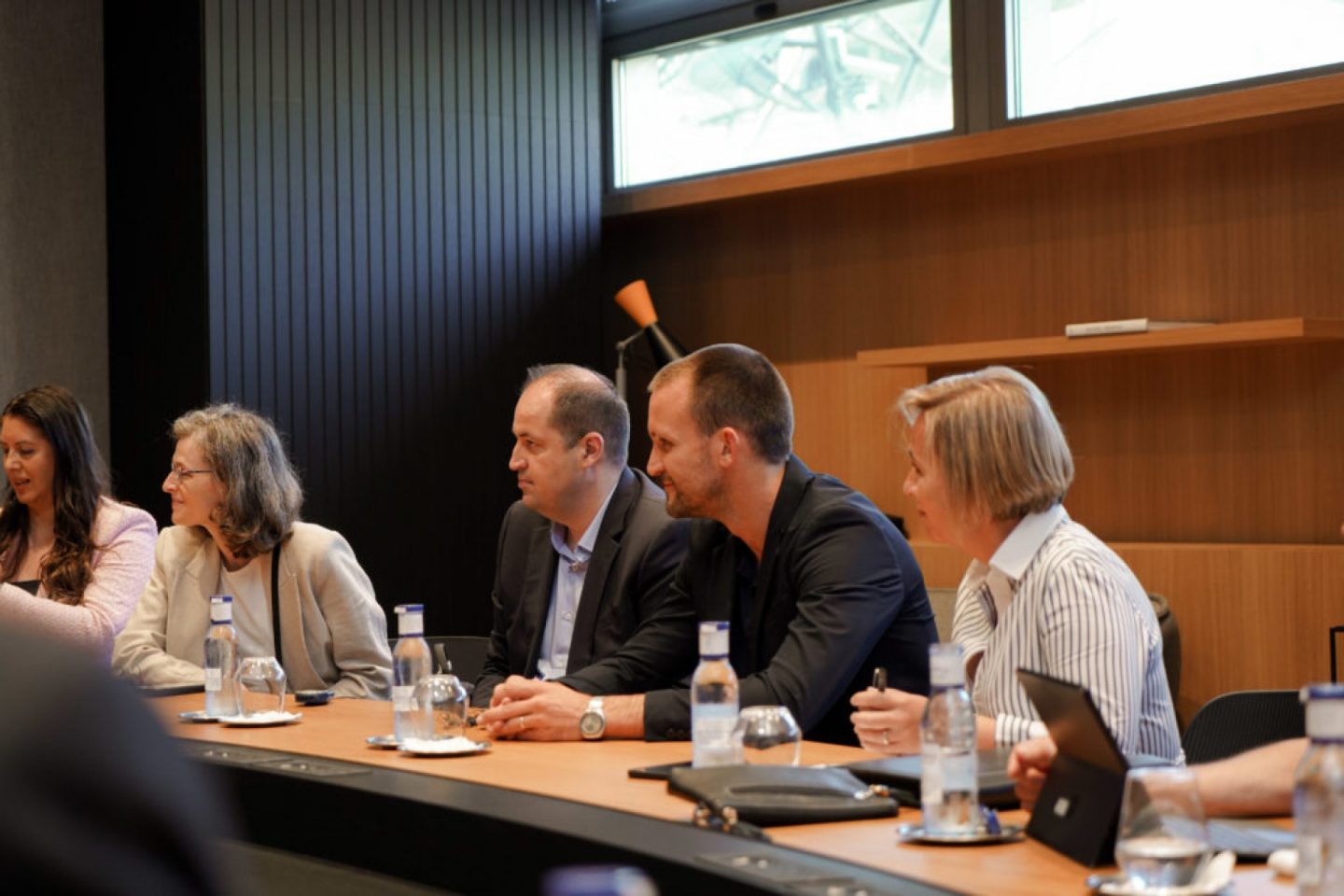
Although gastronomy is an area in which both parties have been collaborating for years, the relationship is likely to expand its lines of action to other sectors, such as industry and regional development policies. In this sense, the Croatian government considers that learning from the Basque experience and how clusters have influenced its modernization is a great opportunity for its country. Both Croatia and the Basque Country have a powerful industrial sector that must activate a new environmental transition: reduce energy consumption, reduce the raw materials used and become self-sufficient in the supply of energy and raw materials. Thus, the electrification of the energy system, based on renewable generation, has been considered an area of collaboration of common interest.
The official delegation was accompanied by a representation from the World Bank. The public policy expert, Pedro Arizti, values this type of collaboration as an important knowledge transfer in both directions. He has also drawn attention to the learning provided by the Basque agents in terms of organization, coordination and cooperation of the actors involved at all levels.
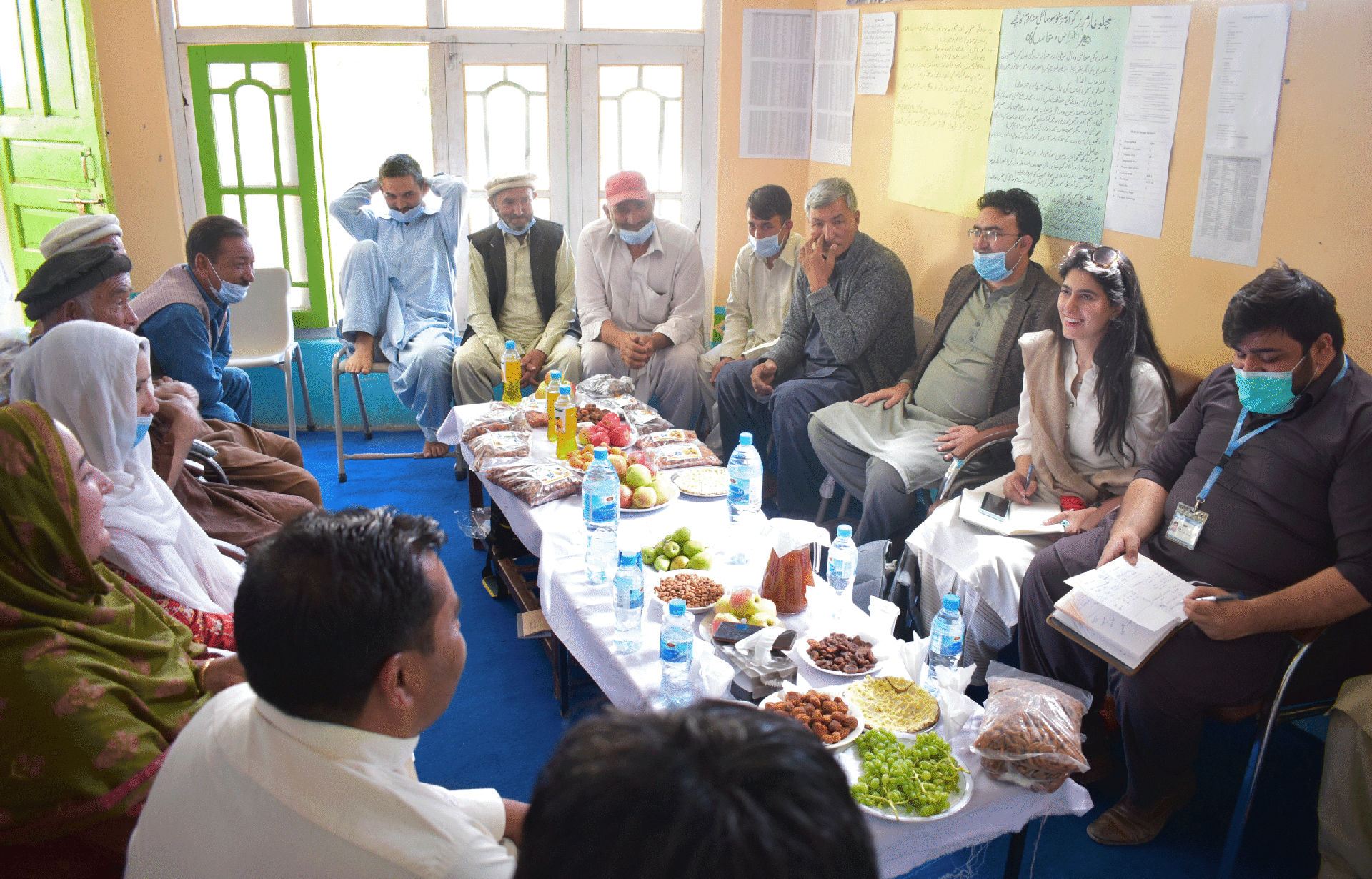
Pakistan Social Innovation Platform test its first prototypes
Home News
The Social Innovation Platform fostered by UNDP Pakistan and Agirre Lehendakaria Center, in collaboration with Baltistan Foundation, started testing a first batch of prototypes, that are (1) Aimed to address the needs and opportunities identified by the communities in Hushe Valley; (2) Multilevel: for a real systemic impact, we are making sure we address at least five different levels within this portfolio (Community actions, Small and mid-scale actions with business models (i.e. startups), Large scale actions (i.e. public-private partnerships), Public services redesign, Regulation experimentation); (3) Interconnected with each other.
In the Hushe Valley, food security is a priority as well as creating sustainable income, and the team are working closely with local farmer and women only co-operatives with the overarching aspiration of building sustainable production of high quality products such as apricot oil that can be sold as an export products bringing much needed income into the region.
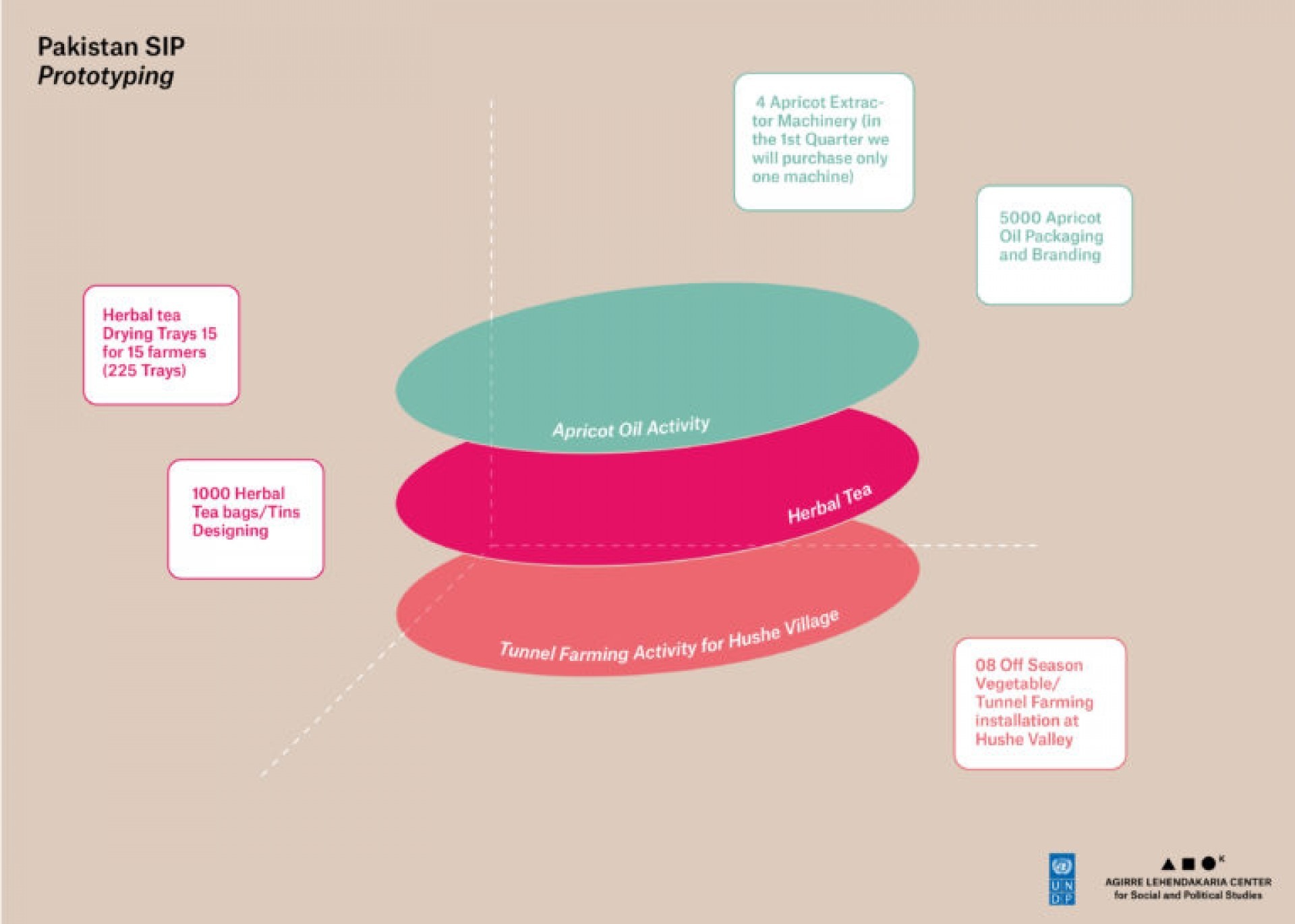
The platform identified 3 main areas to be scaled in 2022
- Value addition to apricot processing and its derivative product.
One of the main and most valued ingredients produced in the valley is apricot fruit mostly in low-altitude villages as the quality of the fruit starts deteriorating on high altitude orchards. Hence, we have chosen Machlu as our intervention site. Traditionally, the apricot fruits produced are used for domestic purposes only. The seed ‘girri’ is considered of spiritual value hence it is collected diligently whereas the fruit ‘gudda’ is majorly wasted due to no utility identified for mass production. Although, some of it is used for animal feed. Apricot oil is also a common derivative product majorly sourced through traditional extraction practices; it has also not been used as a commodity to gain financial benefits by the farmers.
- Tunnel farming of hybrid seeds.
The valley struggles from non-availability of non-seasonal food due to different weather patterns but shares climatic and land resources which farmers can use to produce non seasonal vegetables and fruits for income generation purposes. With the support of the Government’s Agriculture Department, Baltistan foundation has tested multiple non seasonal crops farming in the valley including onions, green chilis, tomatoes, etc. Hushe village has limited agriculture activity due to heavy snowfall in winter season. It is suggested to introduce tunnel farming in the village to produce green leafy vegetables in the winter and harvest tomatoes in April season to help meet the needs of the valley and beyond in the Skardu market.
- Herbal tea production and processing.
Traditionally herbs and wild plants are used in the valley for medicinal purposes including motion sickness, respiratory diseases, gut health, etc. Women is Hushe/ kande village collect wood and fodder from their pastures for heating purposes in the winter season. While collecting wood/ twigs in their baskets, they also collect these wild plants to bring back to the village. They do sell these products to hakims only but at very low profit margins (limited market though). The herbal plants have huge market potential but will require regulatory approvals if medicinal or health benefits are claimed on packaging.
This initiatives are currently being developed in the three areas:
Apricot Oil Activity
- 4 Apricot Extractor Machinery (in the 1st Quarter we will purchase only one machine)
- 5000 Apricot Oil Packaging and Branding
- Herbal Tea
- Herbal tea Drying Trays 15 for 15 farmers (225 Trays)
- 1000 Herbal Tea bags/Tins Designing
- Tunnel Farming Activity for Hushe Village
- 08 Off Season Vegetable/Tunnel Farming installation at Hushe Valley